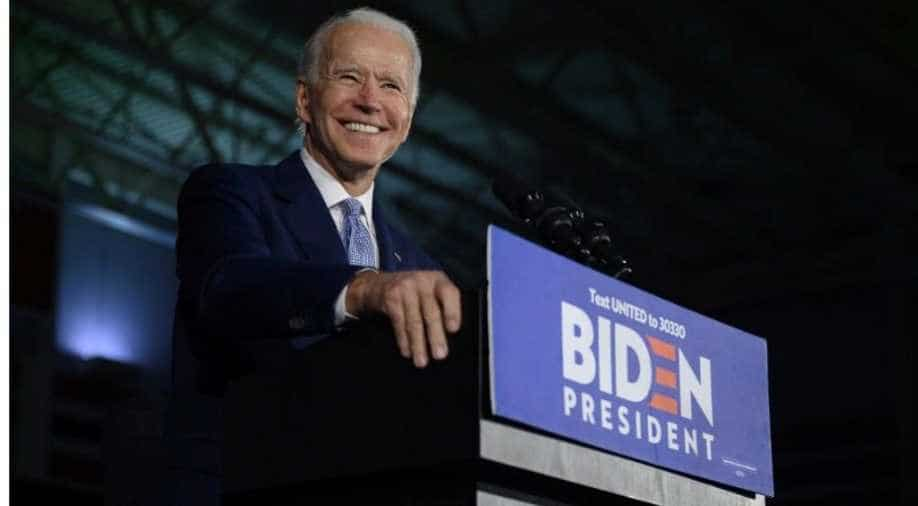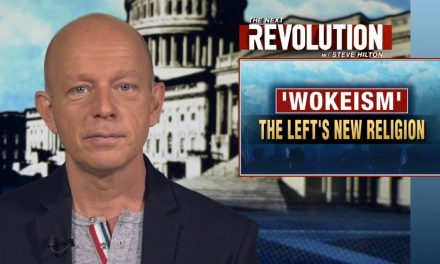On the first full day of Joe Biden’s presidency, Astead Herndon wrote about accountability in the New York Times. He was thinking about the January 6 riots two weeks prior, but also about the 2017 Unite the Right rally in Charlottesville, Virginia. It was then-President Trump’s “good people on both sides” response to the murder and violence of that rally that convinced Biden to once again seek the White House for himself.
The Capitol attack and Mr. Trump’s handling of it felt eerily familiar to many residents of Charlottesville, where the 2017 Unite the Right rally not only forever tied the former president to violence committed by white extremists, but also inspired Mr. Biden to run for president and undertake “a battle for the soul of this nation.”
It should be clear that Biden joined the “battle for the soul of this nation” because he saw Trump as a unique threat. But apparently it’s not clear.
Here’s an excerpt from the New York Times’ coverage of Biden’s Thursday speech from Independence Hall, where he explained that confronting the threat is “the work of my presidency, a mission I believe in with my whole soul.”
Mr. Biden’s appeals to national unity have found little traction. Some Republicans have argued that his efforts to build consensus were fainthearted at best, while some Democrats complain they were excessive.
Either way, they have made little difference in the national conversation. And so with the midterm congressional campaign getting underway in earnest, Mr. Biden has dispensed with the unity message, at least for now, reaching into the 2020 file cabinet and bringing out the call to win ‘a battle for the soul of this nation’ that was the cornerstone of his successful election.
The immediate strategy is self-evident. Rather than a referendum on his own presidency, which has been hurt by high inflation and low public morale, Mr. Biden wants to make the election a choice between ‘normal’ and an ‘extremism that threatens the very foundations of our republic,’ as he put it on Thursday.
The obvious implication here is that Biden is more cynical than sincere. On the one hand, he makes sounds about unity but talks in partisan political terms, and on the other hand, he only trots out language about battle at election time. Calls for unity are a sham, and actual fighting spirit is just for show. I’d argue that the New York Times’ take is far better example of cynicism than anything Biden has done as a president or a candidate.
Then there’s Rich Lowry of the National Review who I would not expect to be fair or impartial. But it’s possible he actually believes the analysis he presents here:
Trump and Biden compensate for each other’s problems, and they are effectively working together to get Trump nominated — which Trump wants because it’s the necessary precondition for winning a second term and Biden wants because Trump would be the riskiest GOP candidate in a general election.
It’s not the most edifying relationship. Indeed, it’s a de facto partnership toward a demoralizing rerun of 2020. But neither Trump nor Biden is as likely to get where they want to go without the other.
In this telling, Biden is deliberately doing all he can to make Republicans rally around and support Trump. Some Democrats worry that Biden is doing this inadvertently, but few agree that it’s a deliberate strategy. For Lowry, a speech delivered to proclaim that “equality and democracy are under assault” by MAGA Republicans is actually an effort to hand the Republican nomination to and put him back one-step from the presidency. It’s hard to think of a more cynical take.
I’m not suggesting that Biden isn’t campaigning. He’s clearly saying that Americans need to vote against the Republicans, particularly MAGA Republicans, in the upcoming midterm elections. But he’s saying it for the exact same reason he said it on the campaign trail two years ago. He sees the white nationalism on display in Charlottesville and every Trump rally as an existential threat to the people of our country, and to the world.
I don’t think Biden is a tremendously complicated man. He wears his emotions on his sleeve and he tends toward plain talk. He’s capable of guile and deep strategy but these aren’t natural tendencies or gifts. I think if he is consistent over time in saying his “mission” and his “work” is to protect the country from what he saw at Charlottesville, that he’s sincere in his beliefs.
He also wants to bring the country together. But he can only begin to do that by beating his political opponents. This isn’t the contradiction so many seem to perceive, but an unavoidable constraint. The threat won’t dissipate if it gains institutional power. No duh.
Election season is not the time to emphasis unity. It’s a time of debate and choosing. The unity Biden wants now is the kind that accepts the integrity of our elections, as well as their outcomes. If that’s an alienating message to Republicans, that’s not Biden’s fault but evidence he has correctly identified the problem.







